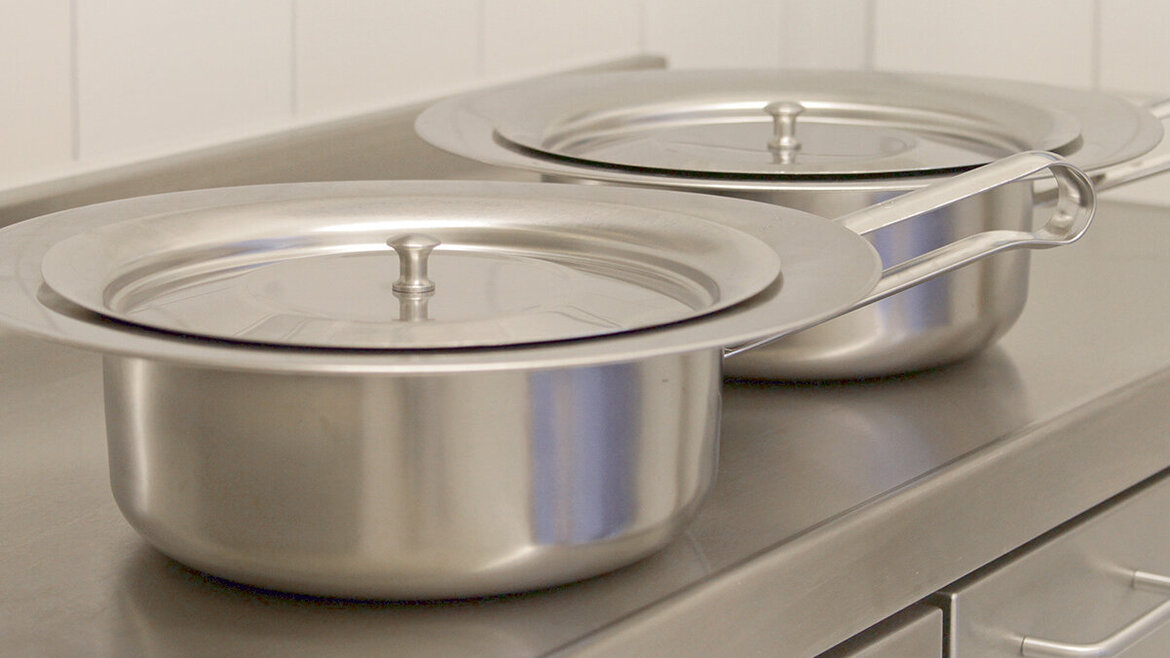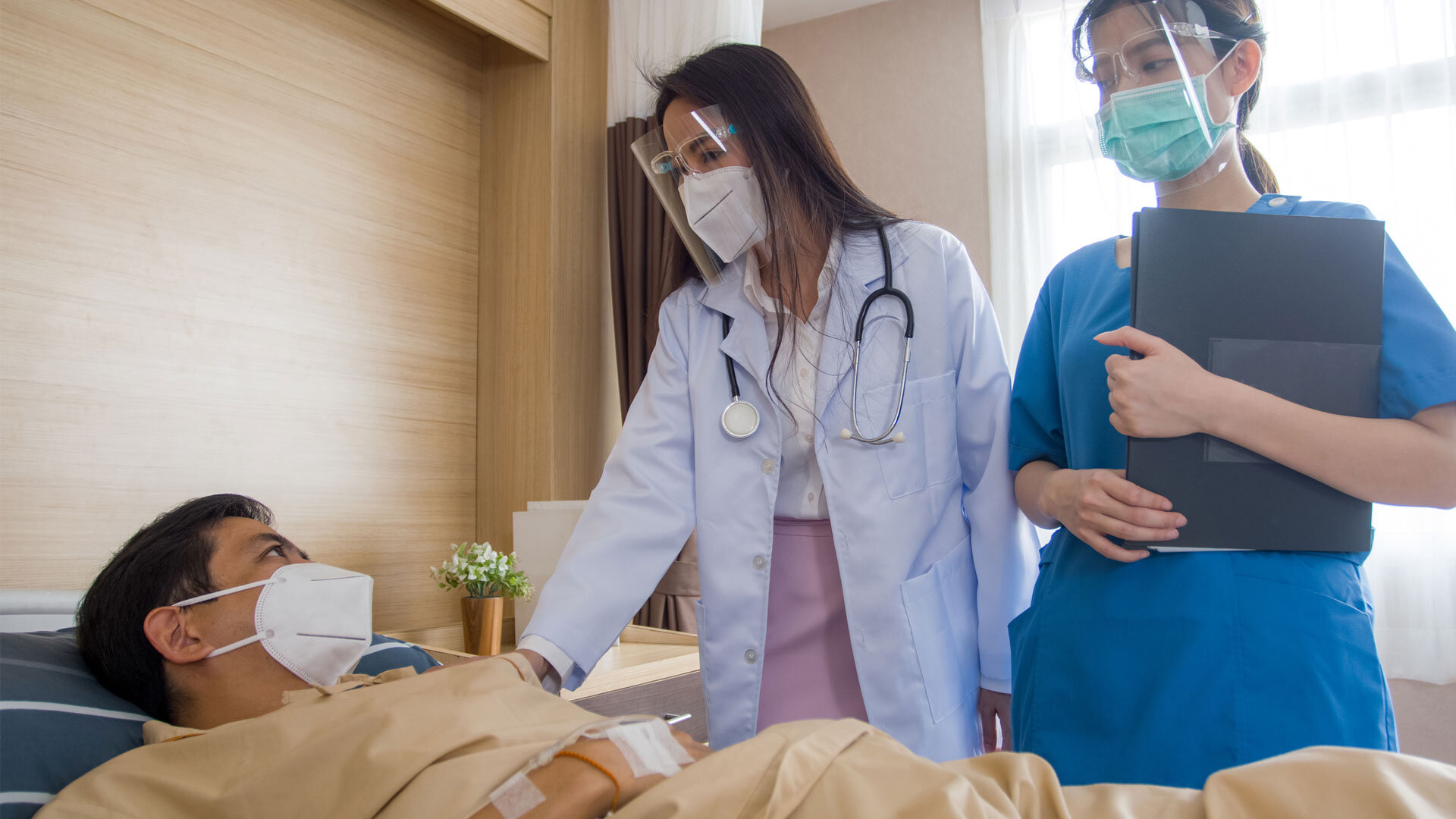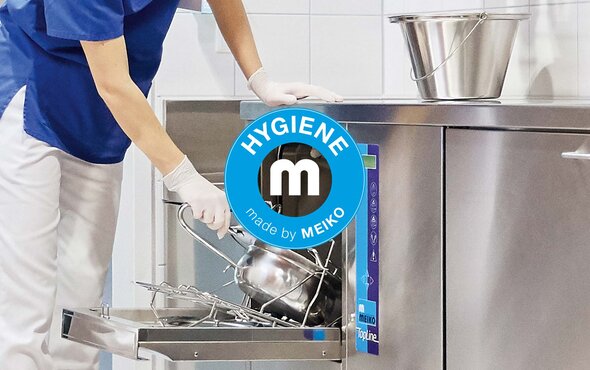While some hospitals and care facilities have been using mechanized bedpan washers for years, there are still many facilities that wash bedpans by hand. This is despite knowing the risks that come with manually washing the bedpans.
That said, this high level of infection exposure risk posed to healthcare workers and patients shouldn’t come as a surprise. With various developments in almost every other aspect of the healthcare industry, you might assume that such a method would be behind us. Regrettably, this practice is still common in the healthcare industry.
In this article, we explore the risks of washing bedpans by hand while providing a modern solution for your healthcare facility.
RISKS OF WASHING BEDPANS BY HAND

There are a plethora of risks associated with the manual washing of bedpans. Some of them include lack of sanitisation, direct physical contact, aerosolisation of microbes, and unwanted splash back – all of which pose a high risk of exposure to infection. Here are the risks:
#1 LACK OF SANITISATION
To kill the bacteria or microbes contained within the human waste, water needs to be heated up to 80 degrees Celsius. If you try to handle the water at such a temperature to wash the bedpans by hand, you’d end up scalding your hands. As a result, the bedpan may not be sufficiently clean causing it to lack the proper sanitisation.
#3 AEROSOLISATION OF MICROBES
Cleaning bedpans by hand is typically assisted by high-pressure tools to completely remove human waste. However, this can lead to the aerosolisation of microbes contained with the waste, which is then inhaled by the healthcare staff during the cleaning. The microbes can be challenging to avoid and detect, causing airborne contamination within the facility.
#2 DIRECT PHYSICAL CONTACT
Bedpans are common in the healthcare industry but the ones cleaning them are usually the healthcare staff, which generally involves direct physical contact with hazardous waste. If you or your staff fail to abide by the manual for washing bedpans by hand, the chances of bacteria or microbes remaining on your skin or clothing are high.
#4 UNWANTED SPLASH BACK
Healthcare staff are humans and they too can make unprecedented mistakes such as a slip of the hand, causing unwanted splash back of hazardous waste on their skin or clothing. As a result, they’ll have to change their PPE and pay a visit to the health office. Not only does this cause a waste of time and productivity, but it also means that they have to undergo some tests for infections.
#5 HYGIENE ISSUES
If the bacteria and microbes aren’t killed and removed by high-temperature water, washing the bedpan by hand will only spread them all over the surface of the bedpan, sink, drainer, healthcare staff’s hands and uniforms. As a result, every surface of the facility and even the staff themselves have turned into a vector for infection.

A MODERN SOLUTION BY MEIKO
Instead of putting yourself and other healthcare staff at high levels of infection exposure risk, MEIKO’s bedpan washer can help reduce the risk of contamination.
Aimed at eliminating the risk of infections stemming from healthcare facilities, our TopLine bedpan washer is packed with powerful technology which simplifies the cleaning process. On top of that, its steam-tight door prevents steam from escaping the machine so that healthcare staff can be reassured that they’re working in a safe environment.
Thanks to MEIKO’s technology, the bedpan washer is equipped with a built-in steam generator/water tank that provides a fast cleaning and disinfection process. With cool and drying fans, you or your healthcare staff don’t have to dry the bedpan or even the washer manually, which ultimately prevents re-contamination of any surface.
As one of the top manufacturers of warewashing and disinfection technology in the world, MEIKO offers some of the most advanced bedpan washers available on the market. With an emphasis on making the world a cleaner place by using innovative technology for warewashing, cleaning, and disinfection, MEIKO can guarantee you clean solutions wherever and whenever you need them.



